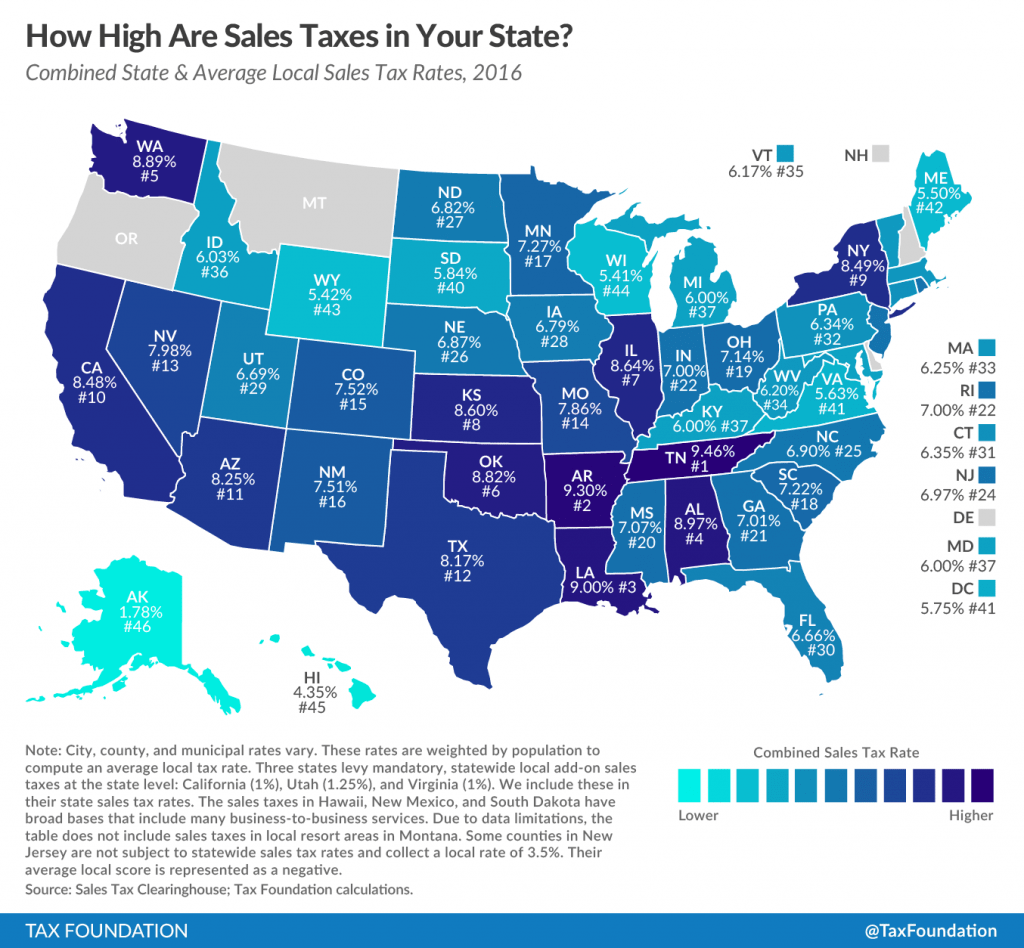
Good nutrition plays a vital role in a person’s health, ranging from growth and development to mental health. The consumption of healthier foods significantly reduces the risk of chronic diseases, such as diabetes and heart disease. Additionally, the immune system improves and delays the aging process. In the United States, good nutrition is expensive nutrition; a luxury many low-income families abandon. Essential expenses– rent, utilities, clothing, and health are priority for many families with limited disposable, therefore, forgoing the nutritious food option.
Income disparities contribute to poor nutrition. Higher income families can select healthier foods because their higher income provides access to places that provide healthy options, whereas, lower income families due to city planning and a lack of urban development, receive pre-packaged, canned, and fast food. Healthy foods can be pricey and the additional sales tax is regressive towards lower income families. The local and state government has a duty to their inhabitants to provide access to nutritious food and proper education regarding the importance of a healthy lifestyle while economically conscious about the impacts of high sales tax on foods.
Article 25 of the Universal Declaration of Human Rights (UDHR) describes the right to an adequate standard of living. A key tenet, accounted for, is the right to food. This is accomplished when every person “has physical and economic access at all times to adequate food or the means for its procurement” according to the Icelandic Human Rights Center. The right to food is an essential birthright; a denial means a violation of other rights.
Dr. Mariana Chilton and Dr. Donald Rose assert the right to food–adequate, nutritional food–adheres to three intrinsic policies: the need to respect, protect, and the fulfillment of human rights. To respect human rights, food must be accessible. In some regions in the United States for example, nutritional food is out of reach yet available are fast food restaurants providing cheap, less sustainable food. The protection human rights means others cannot impede the accessibility of food. According to the UNHR Office of the High Commissioner, there is enough food produced in the world to feed its entire population. Unfortunately, the problem lies in the access to food, whether it be poverty or famine, discrimination, or lack of transportation. In order to ensure human rights as related to adequate standard of living, the creation of an enabling environment that provides for and allows for the procurement adequate food becomes the mandate of government officials.

Adequate food refers to healthy, nutritious food that our body needs to survive. Consuming nutritious food leads to numerous health benefits including, but not limited to, maintaining a healthy weight, allowing organ systems to function optimally, and promoting sleep. For the most part, the good quality foods are on the high-priced side, which leads people to avoid it. A documentary, Food, Inc., highlights the America’s corporate controlled food industry. A segment in the documentary shows a family of four, low-income, and their struggle in deciding between a burger from a fast food restaurant or broccoli from the supermarket. “Sometimes you look at a vegetable and say, ‘okay, we can get two hamburgers over here for the same amount of price’”. This ultimatum is difficult for families. They do not have a substantial amount of money to spend; however, the purchase the unhealthy foods means the purchase unsaturated fats and cholesterol that can increase the risk of diseases. The growing children are not receiving proper nourishment needed to supply their brain and body with energy or their bones with calcium, which is violation of a basic human right. The United States government can help low-income families receive nutritious food by adjusting the tax policies. Some states, Pennsylvania for example, have high sales tax of 6% and it caps the localities ability to impose local sales tax up to 2%. This, however, offsets the high sales tax by exempting uncooked nutritious groceries, clothes, and prescription drugs. A state like Alabama is at the opposite end as it has a low sales tax of 4% and allows localities to tax up to 7% more thus driving up to sales tax to one of the highest in the United States. In addition, Alabama does not exempt clothes, groceries, and prescription which leads the lower income family to spend a majority of their income of purchasing food.
The United States, internationally, opposed the notion of food as a human right. In 1996, the World Food Summit, sponsored by the United Nations, affirmed the “right of everyone to have access to safe and nutritious food.” While other sovereign nations signed agreeing with that statement, the United States refused to, insisting that hunger could lead to “international obligation or domestic legal entitlement”. In 2002, during another World Food Summit, the United States, again, opposed that food is a human right. According to Pol and Schuftan, the United States understands the right to access to food to connote the prospect to secure food, not a “guaranteed entitlement” and the “adequate standard of living is a goal or aspiration to be realized progressively”. Furthermore, the United States, Canada, and other European countries “have consistently and openly not been sympathetic” to the right to food as a provision of the state.

In contrast, Denmark agreed that there is a right to food. The Danish government recognized that if an individual or a community had deficient access to nutritious food and health that they are “kept in poverty and exclusion”. The country also understands that the usage of technology and scientific knowledge can increase the knowledge of nutrition and how it can benefit it citizens. Meik Wiking reports that although Denmark taxes heavily, almost 45% of the average citizen’s income, citizens believe there is an overall investment in their quality of life. The taxes collected from Danes provide several welfare programs. For example, student’s tuition and health care are free, a reduction of stress of lower income families in Denmark significantly. In the United States, a low-income family fret over school, health care, and housing so much so that they neglect to take care of the nutritional food aspect. Not surprising in some states in America, food is not tax exempt. Denmark’s citizens contentedly pay for taxes because they are safe financially.
Overall, lower income families often struggle because of limited financial means. With the added burden of the sales tax on groceries, eating right becomes difficult. The lack of nutrition leads to poorer performance in daily activities which puts a hindrance on growth and development. States like Alabama and Mississippi have allowed for higher income families to be comfortable regarding property taxes but allowed for the lower income families to be susceptible to paying more for nutritional food than they can afford. The state has a duty to their people, all people, for a sustainable, healthy, living standard.

